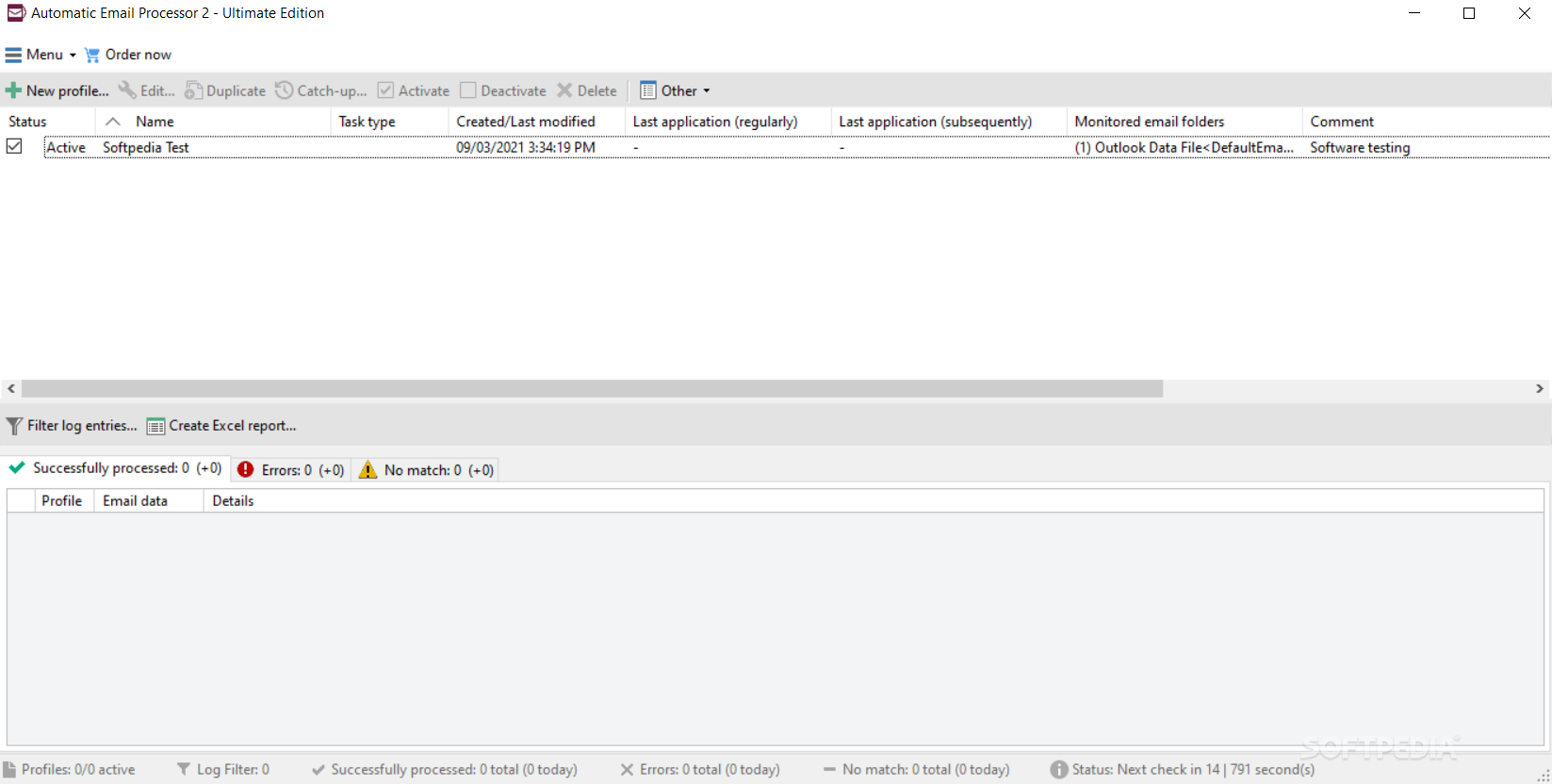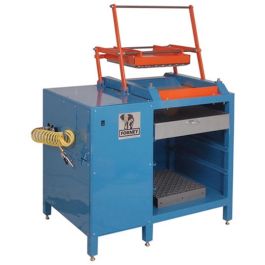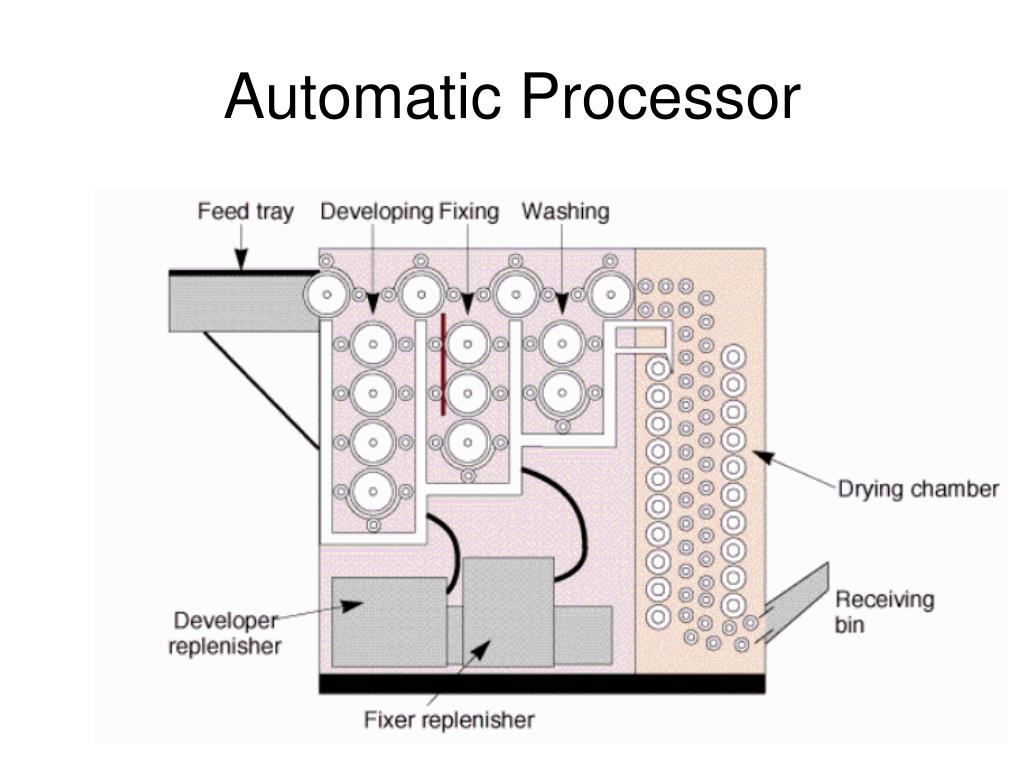
¸ Normal is the setting you use for most single-sided documents. Youâll learn more about all of these settings later in this chapter. On the Margins and Layout tabs, you can control your documentâs margins, orientation, headers, and footers.


These other settings, such as the Paper Source settings (which let you tell your printer which tray to take the paper from), are typical of the fine-tuning controls you find in dialog boxes. Here, you can customize the page sizeâby entering numbers in the Width and Height text boxesâand tweak other paper-related settings. The Page Setup dialog box opens to the Paper tab ( Figure 4-2). But what if youâre not using one of the standard paper sizes on the Size menu? In that case, click More Paper Sizes (at the bottom of the Size menu). The Page Layout â Page Setup â Size menu, shown in Figure 4-1, lets you choose a standard paper size with one click. Menu options usually focus on one or two settings, while dialog boxes are much more complex affairs, letting you change several settings at once.

In general, the ribbonâs drop-down menus give you access to quick, predesigned solutions, while dialog boxes give you greater control over more details. Word gives you two ways to set options: through ribbon menus and dialog boxes.


 0 kommentar(er)
0 kommentar(er)
